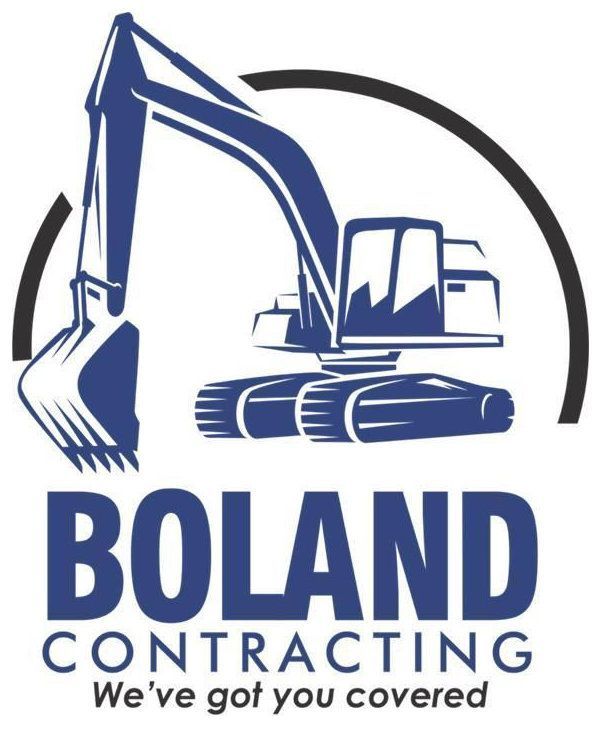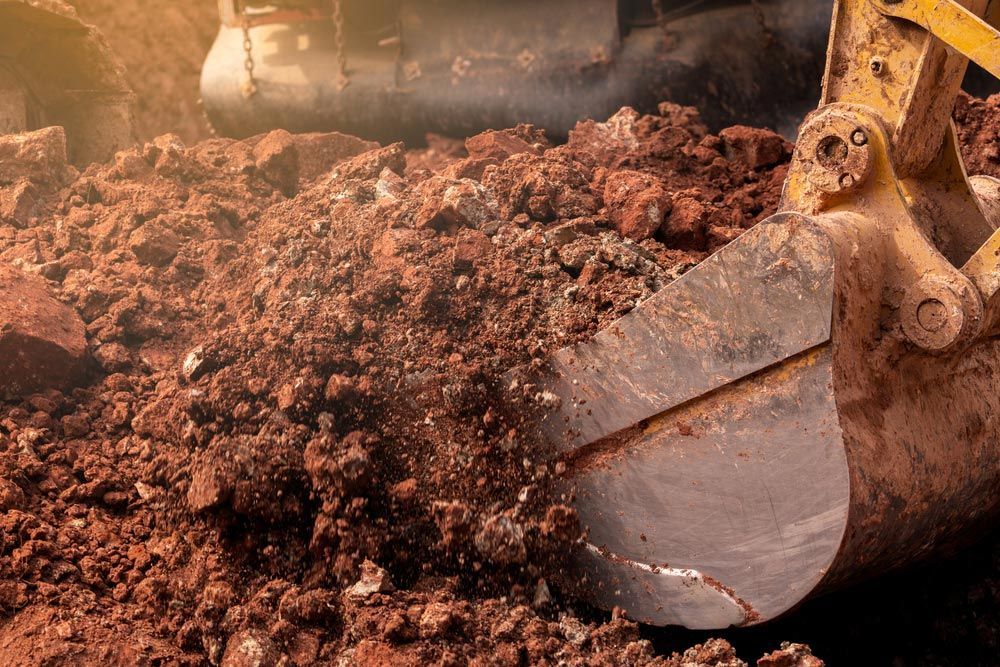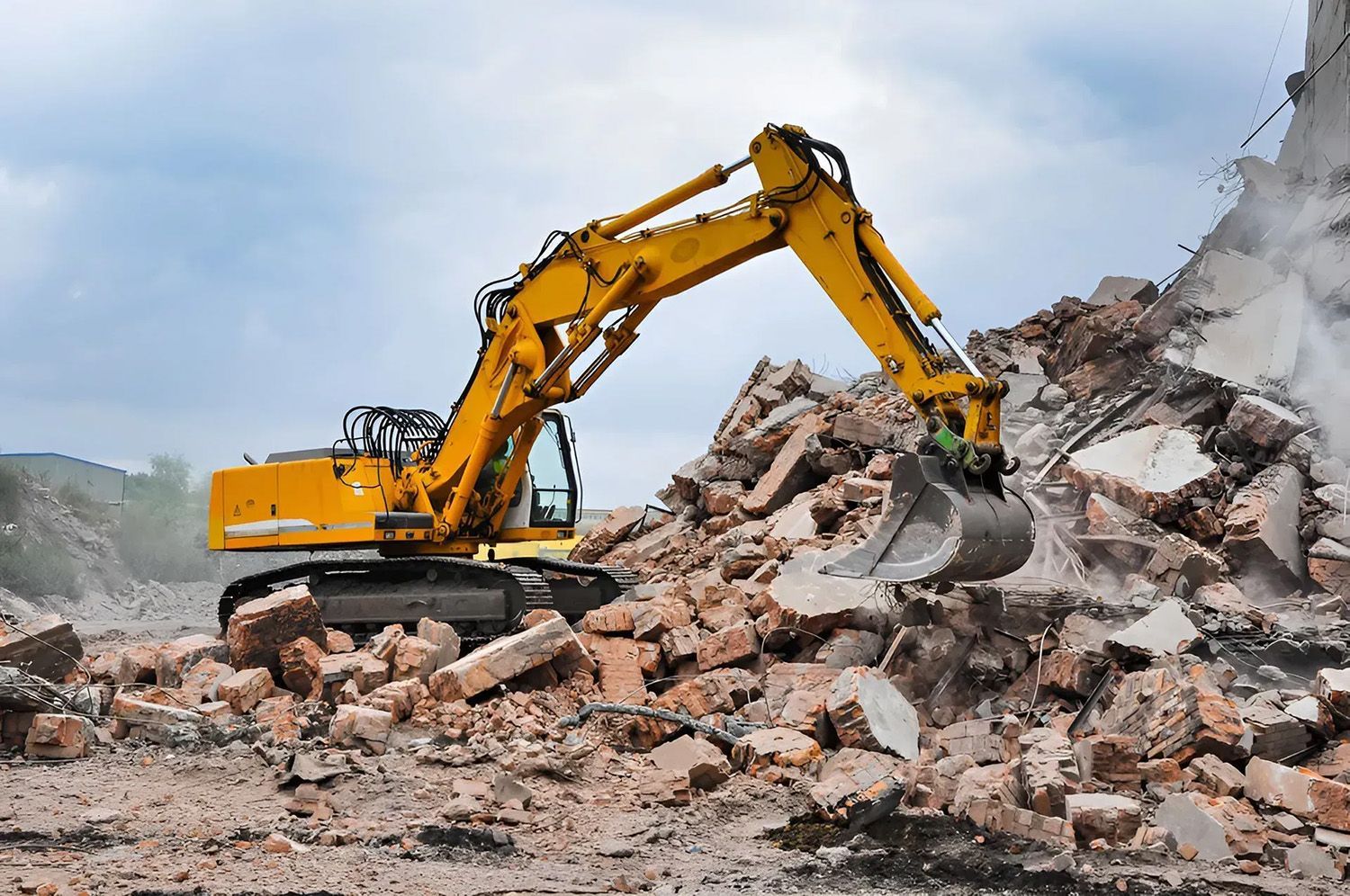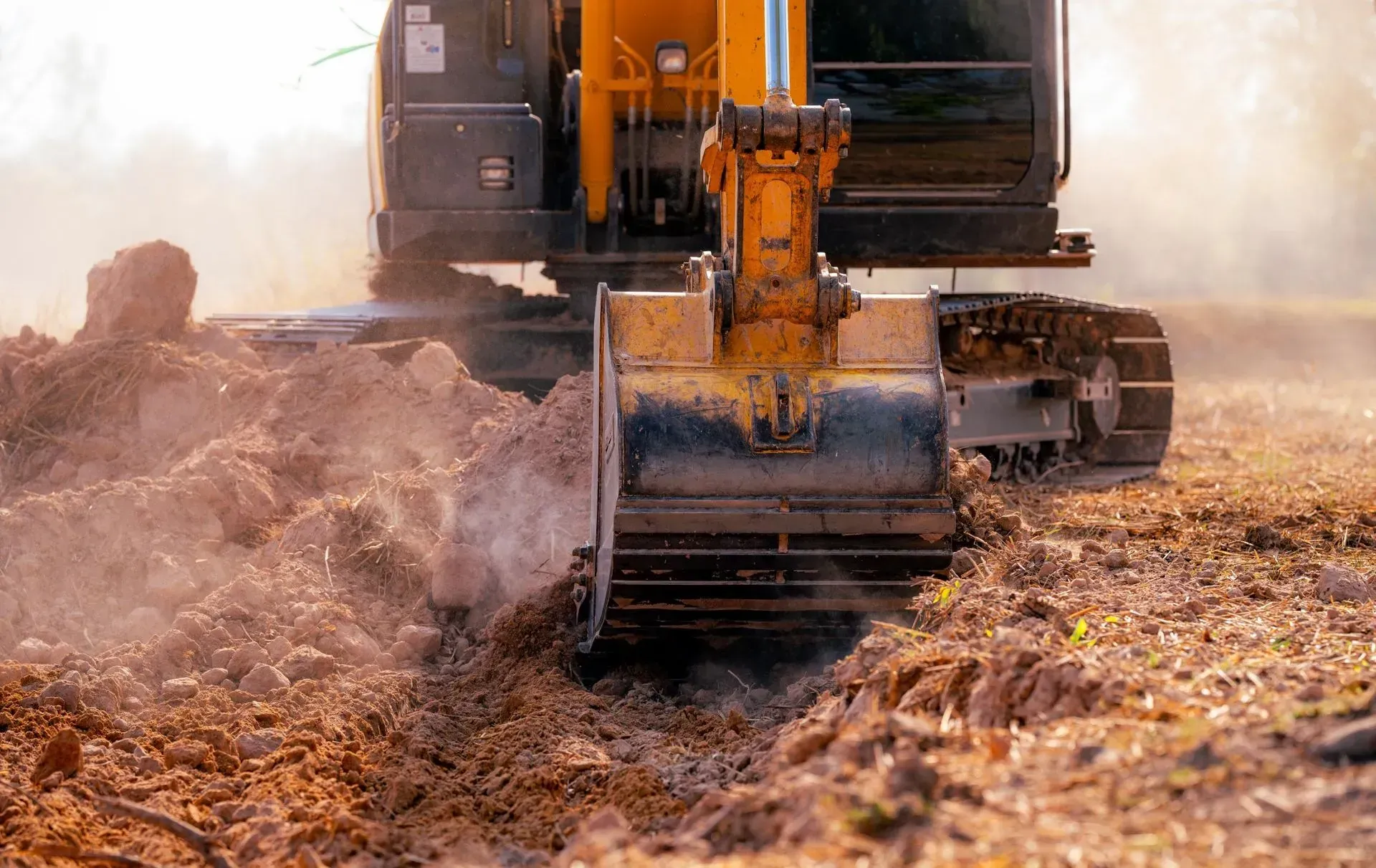What Happens to Debris After Demolition?
When a building comes crashing down, the spectacle is impossible to ignore. Yet what happens next is less visible, but equally important. Behind every successful demolition in Dubbo, there’s a carefully managed process that deals with enormous volumes of debris. From concrete and bricks to timber, metals, and plastics, demolition generates a diverse range of materials.
Disposing of all this waste in landfills isn’t just costly—it’s increasingly unsustainable. Modern demolition services in Dubbo focus on recycling and repurposing materials, reducing environmental impact while recovering valuable resources.
In this blog, we’ll explore what happens to debris after demolition, how materials are sorted and recycled, and why working with an experienced demolition contractor in Dubbo makes all the difference for sustainable outcomes.
The First Step: Sorting & Separation On-Site
The journey of demolition debris begins on-site. Even before machinery arrives, a professional demolition contractor in Dubbo plans how materials will be managed:
- Hazardous material removal: Materials like asbestos, lead paint, or chemical residues are identified and removed safely by licensed specialists before general demolition begins.
- Selective demolition: Some projects involve carefully dismantling specific parts of a building to recover reusable components like doors, windows, or architectural features.
- Material separation: As demolition progresses, debris is sorted into separate waste streams—for example, concrete, bricks, metals, timber, and mixed waste. This maximises the potential for recycling.
Good on-site separation is critical. The cleaner the materials are at the source, the easier and more economical it becomes to recycle them.
What Happens to Concrete & Masonry Debris?
Concrete and masonry materials make up a large proportion of demolition waste. Thankfully, they’re also highly recyclable:
- Crushing & screening: Concrete and bricks are fed into crushers, which break them down into smaller aggregates. These can be screened to produce various sizes of recycled material.
- Uses of recycled aggregates: Crushed concrete and bricks are widely used in civil construction projects, including road bases, footpaths, drainage layers, and as aggregate in new concrete mixes.
- Environmental benefits: Recycling concrete reduces the need for quarrying new raw materials, conserves landfill space, and cuts greenhouse gas emissions associated with producing virgin aggregates.
In the context of demolition services in Dubbo, recycling concrete is not only environmentally responsible but also often economically advantageous for contractors and clients alike.
Recycling Metals from Demolition Sites
Steel beams, copper wiring, aluminium frames, and other metals are commonly found in buildings. Metals are some of the most valuable materials to recycle because:
- High market value: Recycled metals can be sold to metal recyclers, generating revenue that offsets demolition costs.
- Energy savings: Producing metal from recycled sources consumes far less energy than extracting and processing virgin ores.
- Sustainability: Metals can be recycled repeatedly without losing quality, supporting a circular economy.
During demolition in Dubbo, contractors like Boland Contracting ensure metals are separated cleanly from other debris, sometimes using magnets, shears, and specialised sorting equipment. Once collected, metals are transported to recycling facilities where they’re melted down and processed into new products.
Repurposing Timber & Wood Products
Timber is another significant component of demolition waste. While not all timber is suitable for reuse (particularly if it’s treated or contaminated), there are several sustainable outcomes:
- Reclaimed timber: High-quality hardwood beams, floorboards, and architectural timber elements can be salvaged for reuse in new building projects, furniture making, or decorative features.
- Wood chip production: Lower-grade timber can be chipped and used for landscaping mulch, composting, or as biomass fuel in energy generation.
- Panel board manufacturing: Timber offcuts and waste can be turned into particleboard or MDF products.
For sustainable demolition services in Dubbo, sorting timber waste is crucial to avoid contamination and enable higher rates of recycling.
Plastics & Synthetic Materials
Modern buildings contain a variety of plastics and synthetic materials, from PVC pipes and insulation foam to plastic window frames. Recycling these materials can be more complex:
- Plastic separation: Different plastics must be sorted into individual types, as they can’t all be recycled together.
- Mechanical recycling: Clean plastic waste may be shredded and melted to produce new plastic products.
- Energy recovery: Non-recyclable plastics are sometimes used as an energy source in waste-to-energy plants.
Reducing plastic waste through careful sorting is a growing focus for demolition contractors in Dubbo committed to sustainable practices.
Dealing with Mixed & Unrecyclable Waste
Despite best efforts, some demolition debris can’t be recycled:
- Mixed debris contaminated with dust, adhesives, or hazardous substances.
- Insulation materials that can’t be separated effectively.
- Residues from non-recyclable composites.
This material is typically transported to licensed landfill sites. However, responsible demolition services in Dubbo aim to minimise landfill volumes by maximising recycling and recovery wherever possible.
Environmental & Economic Benefits of Recycling Demolition Waste
Recycling isn’t just good for the planet—it offers significant benefits for project managers, contractors, and property developers:
- Cost savings: Recycling can reduce disposal fees and generate income from valuable materials like metals.
- Regulatory compliance: Environmental regulations increasingly require documentation of waste diversion efforts on demolition projects.
- Positive reputation: Sustainable practices enhance a contractor’s reputation and appeal to clients seeking environmentally responsible partners.
- Conservation of resources: Recycling conserves natural resources and reduces the environmental footprint of new construction.
Choosing a qualified demolition contractor in Dubbo who prioritises recycling ensures your project aligns with modern sustainability standards.
Sustainability in the Future of Demolition
The future of demolition in Dubbo is increasingly tied to sustainability. As the construction industry focuses more heavily on circular economy principles, recycling and resource recovery are no longer optional—they’re essential.
Contractors, developers, and project managers are recognising that sustainable demolition:
- Reduces environmental impact.
- Delivers economic benefits through resource recovery.
- Meets client expectations and regulatory requirements.
With innovative technologies and local expertise, Dubbo’s demolition industry is well-positioned to continue leading the way in sustainable practices.
Partner with Us for Sustainable Demolition
From safe removal of hazardous materials to efficient recycling of concrete, metals, and timber, Boland Contracting provides comprehensive demolition services in Dubbo designed to minimise environmental impact and maximise value for clients.
At Boland Contracting, we’re committed to sustainable demolition in Dubbo. Contact us today to learn how our experienced team can help manage your next project responsibly, safely, and efficiently.







